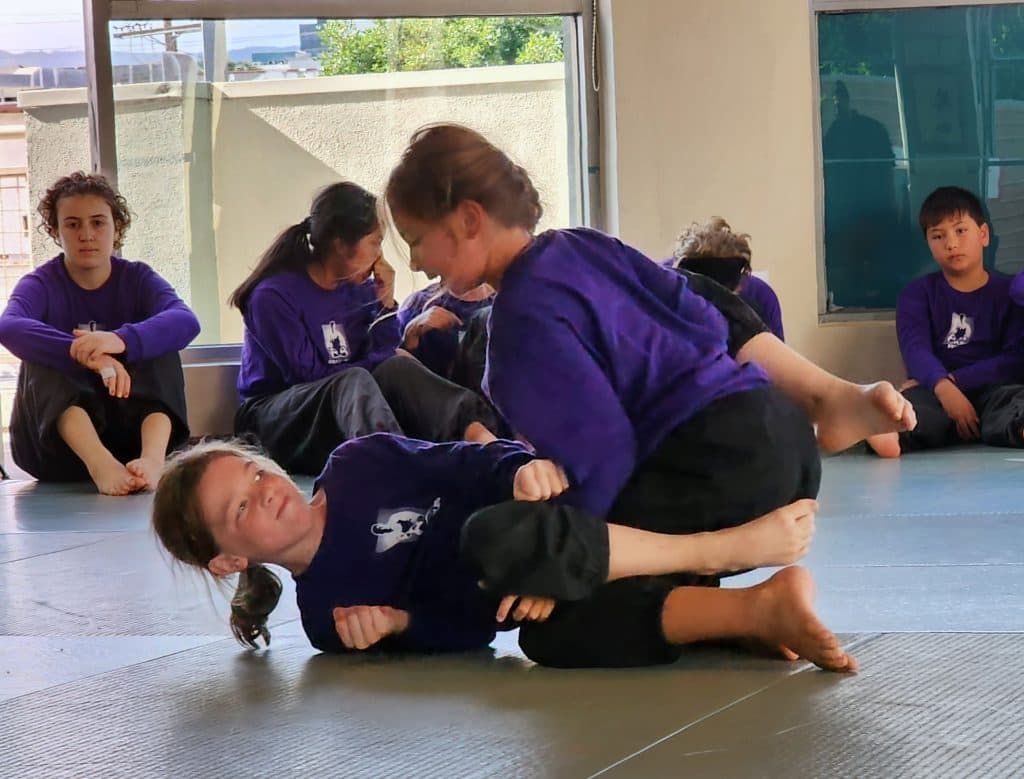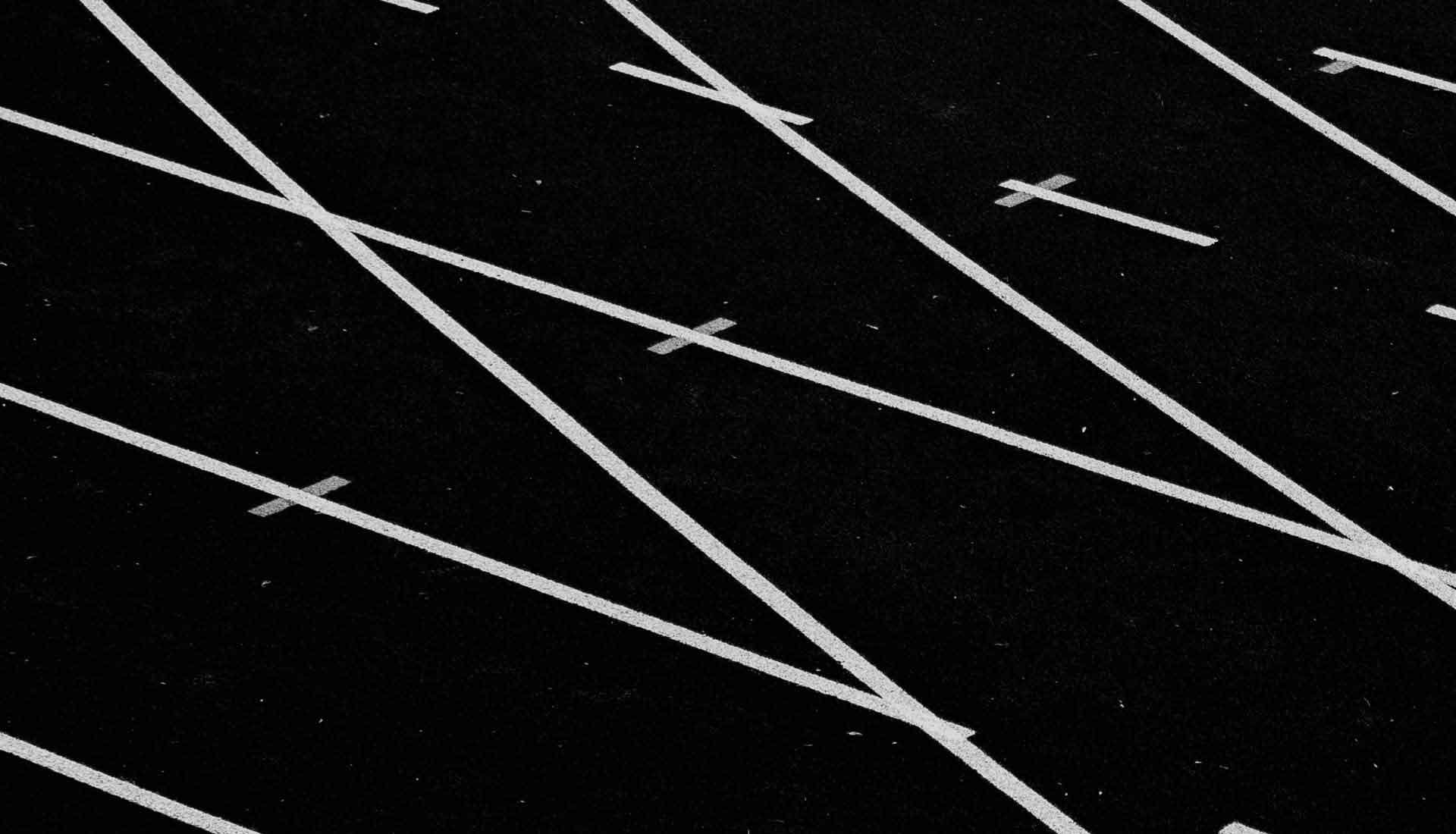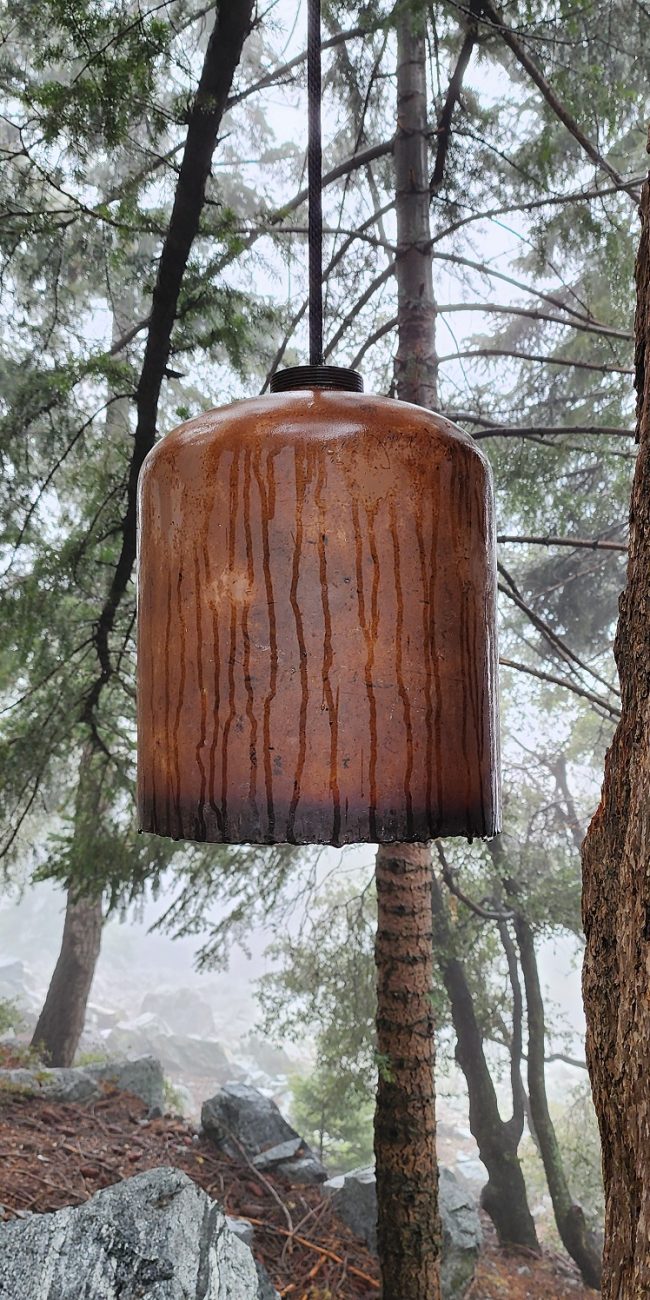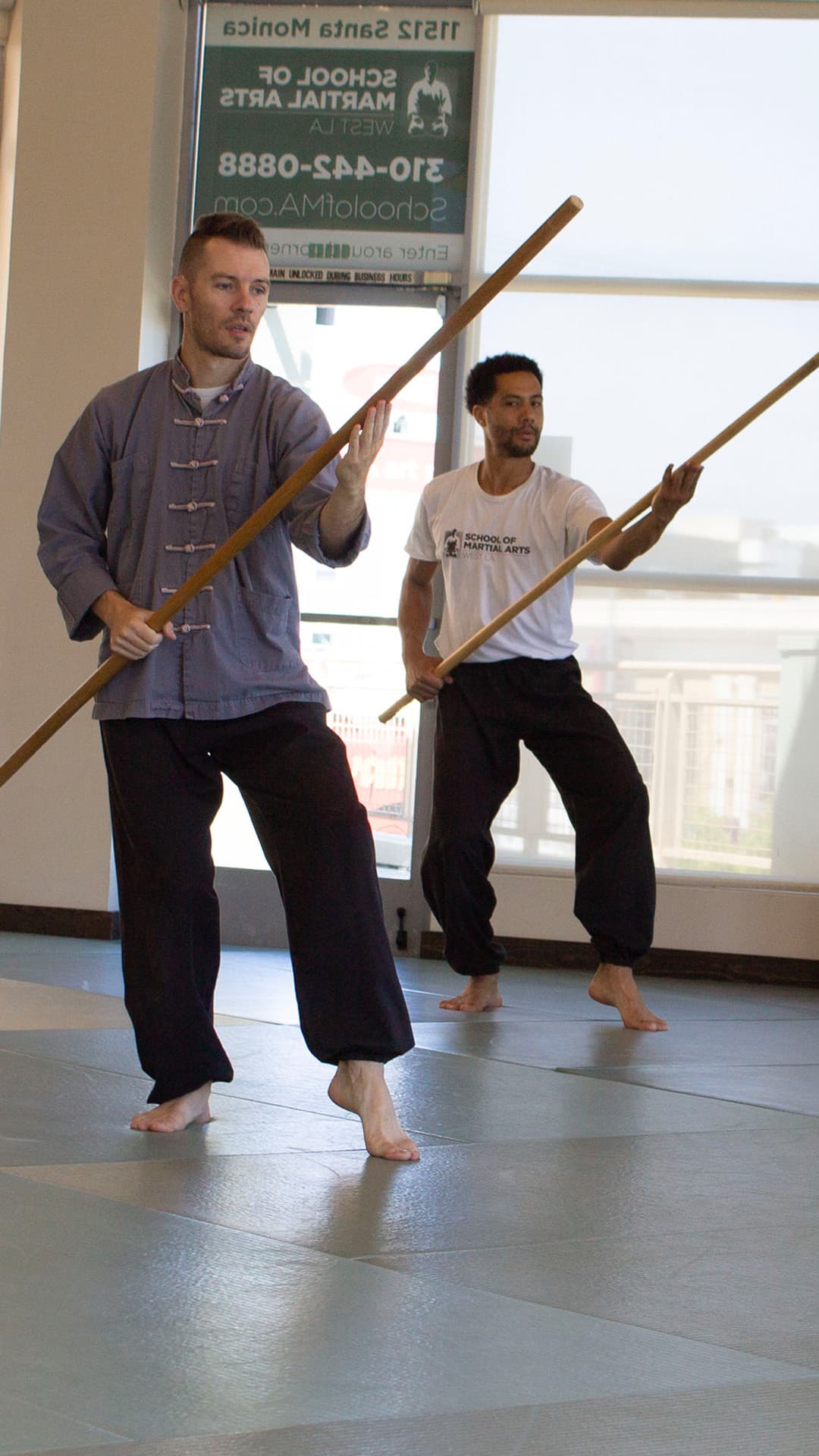 Pressure often shows up at tournaments. This weekend in the dojo we had our first kids grappling tournament since Covid. It was a great afternoon with lots of close matches. In the end, each division could only have one winner. As we entered the final rounds to see who would get the gold medal, the competition began to heat up. When the students felt the pressure to perform and win, they began to grapple with more physical and emotional intensity. Like in years past, we had a few emotional outbursts of excitement in victory, and tears in defeat. Yet everyone bowed to each other in the end, and I witnessed many outstanding examples of great partners. Some kids wished each other good luck before a match and congratulated the other after losing to them. Many took extra care to make sure not to hurt their partners, even if it meant missing an opportunity to score a point. When the medals were awarded at the end, everyone cheered for each other.
Pressure often shows up at tournaments. This weekend in the dojo we had our first kids grappling tournament since Covid. It was a great afternoon with lots of close matches. In the end, each division could only have one winner. As we entered the final rounds to see who would get the gold medal, the competition began to heat up. When the students felt the pressure to perform and win, they began to grapple with more physical and emotional intensity. Like in years past, we had a few emotional outbursts of excitement in victory, and tears in defeat. Yet everyone bowed to each other in the end, and I witnessed many outstanding examples of great partners. Some kids wished each other good luck before a match and congratulated the other after losing to them. Many took extra care to make sure not to hurt their partners, even if it meant missing an opportunity to score a point. When the medals were awarded at the end, everyone cheered for each other.
This is a perfect example of the opportunity we have practicing martial arts to deal with pressure. As I discussed in last month’s article, when we spar in Kung Fu or roll in BJJ we may get overwhelmed. We often get emotional, and sometimes even momentarily lose control. When this happens we may snap at our partner, or even hit them a little harder than we meant to. If this happens in a safe environment like the dojo where everyone takes care of each other, we can deal with the intensity in a safe way. We process our emotions by feeling them in our bodies, recognizing their inception, dealing with what we need to deal with, and finally releasing them. We check and make sure our partner is alright, then move on.
Pressure in T’ai Chi
From time to time I’ve even seen people get miffed with their partner in Tai Chi. A few months ago, a student didn’t like the way their senior student kept correcting them. They were frustrated by their inability to learn a posture and took the corrections a bit too personally. The next day they quit! Now this is a situation where the whole purpose of the senior student is to help the junior student learn. There is no competition, yet still there may be tension. It’s important to recognize what our partner really needs from us today to help them learn. Sometimes it’s encouragement rather than correction. It’s also important to recognize that our senior partner’s purpose is to help us, even if they aren’t doing it in a way we can appreciate in the moment.
Partners and relationships in life
This practice should help us in our relationships outside the dojo. Many times I’ve had to remind myself that my partner is doing what they think is best for me and our relationship, even if I experience them as being irritating or even mean in the moment. I also try to remind myself of my purpose in the relationship, which is to love and help my partner grow, even if I feel annoyed or like lashing out. Sometimes one of us may lose control in the moment and snap at the other (which usually results in a mutual snapping). In this case, the best we can do is recognize, process and release the emotion, then apologize. This is the appropriate way to bow to our partner outside the dojo. We may feel like we won or lost that emotional grappling match (or often like we both lost), but we remain great partners and can continue learning from each other.



